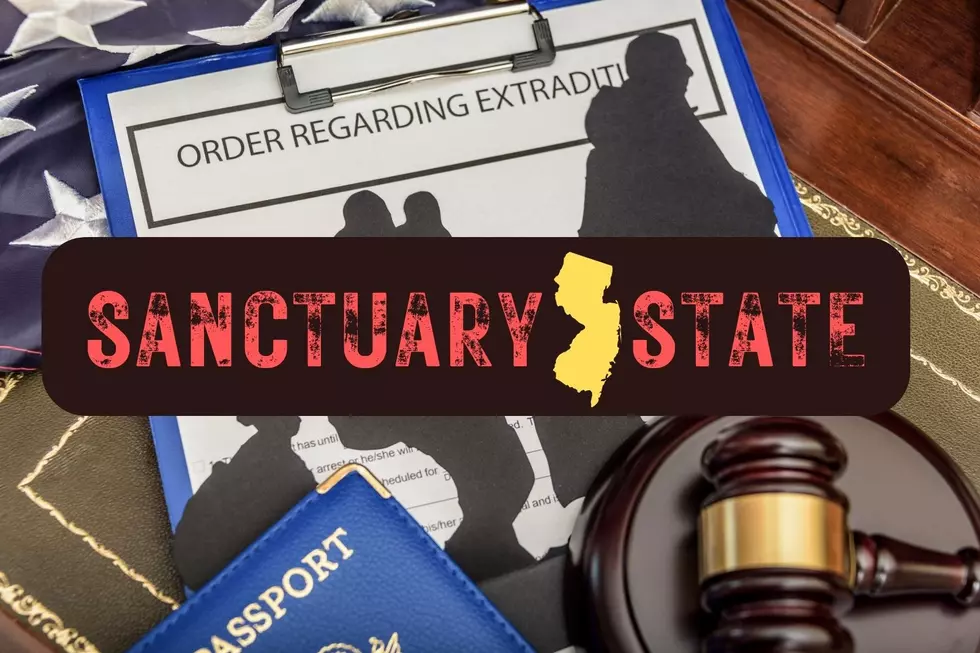
Lawmakers redo Atlantic City takeover, casino tax bills
What once was billed as a state takeover of Atlantic City is now being sold as an "intervention."
New Jersey lawmakers on Wednesday announced what they called "a cooperative working agreement" between the state and city to get the resort's troubled finances under control.
But the bill would still give the state vast authority over Atlantic City's finances, including the right to renegotiate debt, break contracts, dissolve boards or agencies, sell off city assets, and file for bankruptcy.
The bill says the state Local Finance Board "may in its exclusive discretion assume, reallocate to, and vest in the Director, any of the functions, powers, privileges, and immunities of the governing body of" Atlantic City for five years.
State Senate President Steve Sweeney, a south Jersey Democrat, described it as an "intervention" rather than a "takeover" -- a term widely used by lawmakers last month.
"The intervention plan will enable the state and the city to work together to accomplish what Atlantic City can't do on its own," said Sweeney, a likely candidate for governor next year. "The city's fiscal crisis is severe and immediate. It owes bondholders more than $500 million, has more than $150 million in debts for tax appeals, and has no ability to get financing from the bond market. Property values have plummeted, the foreclosure rate is the highest in the country and unemployment is greater now than during the recession. The state has to take a more direct role with more effective solutions."
The bill appeared to leave few responsibilities to Atlantic City's elected officials. Mayor Don Guardian did not immediately respond to a request for comment. He said last month he would reluctantly accept the state's help, noting his administration has already made painful cuts and is willing to do more.
The bill also takes aim at one of the city's prized assets, its municipal water utility, which private companies have long coveted. It gives the city a year to figure out how to "monetize" the water utility "before the state can act to use the asset to generate needed funds for the city."
The measure replaces an earlier takeover bill introduced in January and incorporates several changes suggested by Gov. Chris Christie. The original takeover plan would have lasted 15 years, instead of five.
Lawmakers also reintroduced a bill vetoed by Christie that would let Atlantic City's eight casinos make payments in lieu of taxes in return for not appealing their property taxes. It also would redirect casino payments that once went toward development projects in Atlantic City to paying down the city's debt.
Atlantic City's budget woes have been exacerbated by the cratering of its casino industry. In 2014, four of its 12 casinos went out of business. And many of the remaining casinos have successfully appealed their property taxes, convincing a tax court that they are worth less in a diminished market than they were when times were better.
Atlantic City's casino revenue has fallen from $5.2 billion in 2006 to $2.56 billion last year.
(Copyright 2016 The Associated Press. All rights reserved. This material may not be published, broadcast, rewritten or redistributed.)
More From New Jersey 101.5 FM









